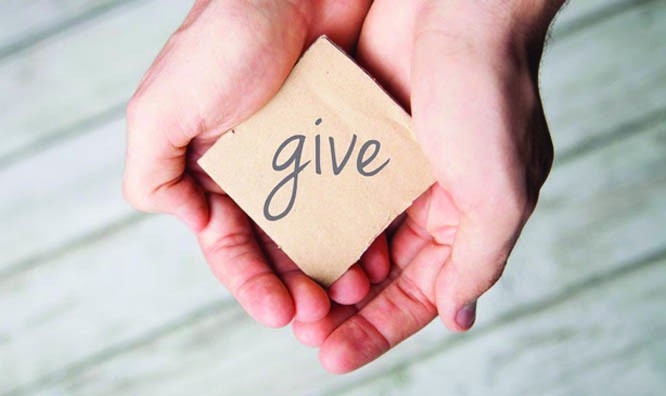

As we are now halfway through Ramzan, most of us are deeply immersed in things religious and pious. This month provides a good opportunity for us to reflect on the balance we maintain between things spiritual and corporal, between the material world and ethereal one.
But in the midst of all this, what is quite striking is the very mercantile way in which we seem to measure our good deeds. I recently overheard a conversation between two people working at one of Karachi’s oldest institutions in which one front office worker was explaining to the other the benefits of doing good deeds in Ramzan. He happily lectured his colleague on how fasting and prayer in this month can wash away your sins etc.
This conversation got me thinking about how selfish the way we now seem to approach religious practice is: the formulaic way in which we tabulate that ‘x’ number of prayers or fasts will equal ‘y’ number of heavenly credits is actually deeply selfish and self serving. While recitation of holy verses and prayer can help one to go beyond the material world to a deeper introspection or spiritual level, the various formulae regarding this are very business-like, very much like currency conversion rates.
Invariably, one notices that the motivating factor for prescribed good deeds is actually very selfish: the gain of sawab for one’s self. This is almost as if one is doing good not on the basis of humanism and compassion but rather as a means towards ensuring a confirmed reservation for a good place in the afterlife.
Is this attitude perfectly okay because it ensures that people do at least some level of good deeds? Or is it just a one phase in the evolution of societies and religions? Are good deeds really ‘good’ if they are done merely for one’s own self interest? Is the motive important or the actual act -- for example, does it matter if philanthropic donations were made selfishly when the reality is that charities and needy individuals are helped by these donations?
Is it okay that we do these so-called ‘good deeds’ out of self-interest? Or should we be doing these out of a sense of morality (a sense of right and wrong) and compassionate humanism?
Religions teach us morality but what, really, is morality? Basic philosophy attempts to understand the way human beings act according to a moral code. First, there is the idea of a Divine command: that God will punish or reward you. Then there is the idea that we should act ‘morally’ because it is ‘right’ not because we will be rewarded. Then there is the belief that we should act according to a moral code because it is for the collective good. There is also the idea that doing good is somehow its own reward in this life.
Obviously, there are some overlaps between all of these approaches but my basic question remains why have people in Muslim -- and in particular Pakistani -- culture developed such a mercantile approach towards prayer and good deeds?
Whether this a negative or positive attitude, is something one can mull over at length (in between the prescribed formulas of witar, taraveeh, duas etc which will gain us much sawab), but the fact that this mercantile formula is so well understood by Pakistani society leads me to another quite interesting question: why has the idea of paying tax not taken root in our mercantile psychology? One would think that if the state created well-defined incentives and clear structures for this, the whole concept would be very well understood by the existing mindset.
At any rate, let the introspection continue…
Best wishes